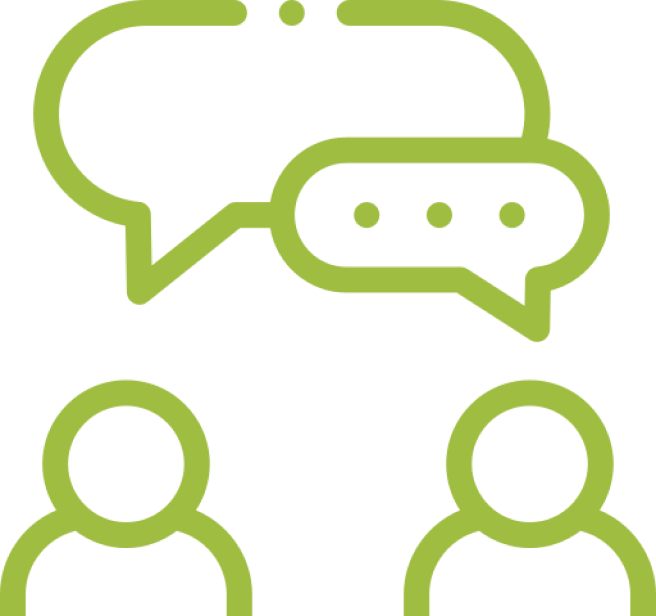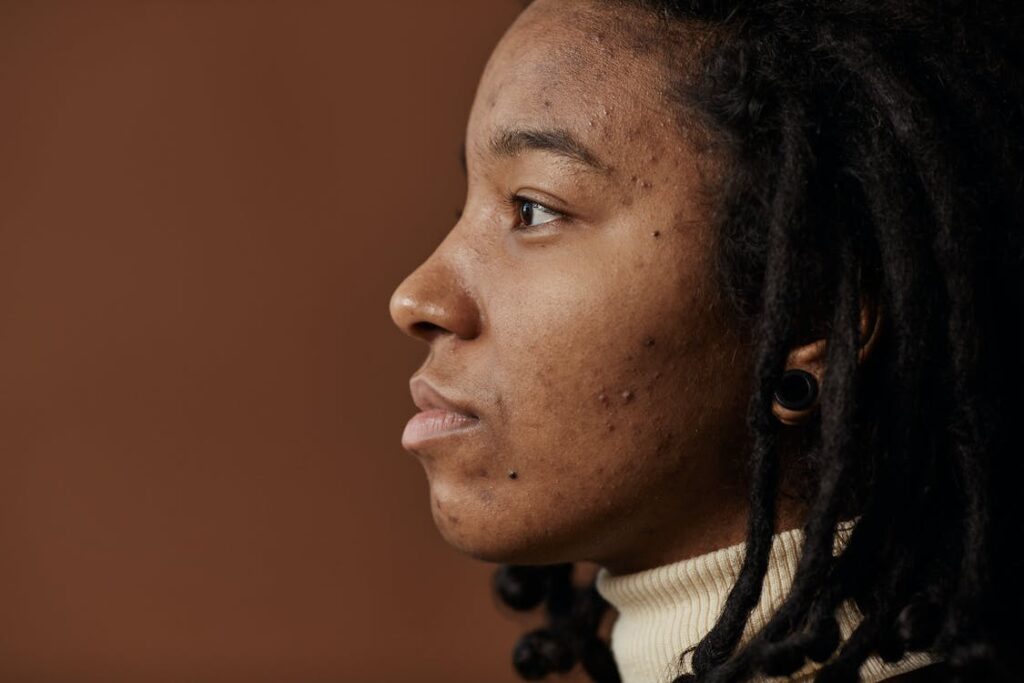
Acne / Spots
Acne is common and affects most people at some point. Hair follicles become plugged with oil and dead skin cells, causing spots, oily skin and sometimes skin that’s hot or sore.
What is acne / spots?
Acne, a word that essentially means lots of spots, has been around for ages. Acne vulgaris is the term for ‘common’ acne which is the type most teenagers get.
The word acne is actually a mistranslation of the Greek word acme, which means ‘peak’ or high point. This refers to the peaks of the spots – not that having acne is a high point for many people…
What causes acne / spots?
You do not get spots because you are dirty and eat junk. Spots appear due to hormonal changes which affect the skin. This happens to everybody going through puberty and for some people can last longer, so almost everyone gets spots; even if it feels like other people have perfect skin most of the time.
Treatment
There are lots of treatment options to manage spots and acne so please do speak to your doctor or pharmacist if you are worried.
Treatments include:
- topical creams and gels
- tablet/capsules such as anti-inflammatory antibiotics (taken for a few months)
- isotretinoin (reserved for more severe acne, only prescribed by specialists)
If hormonal changes seem to be playing a role, some young women are prescribed “The Pill” (the contraceptive pill), as this can help balance out fluctuations around the time of their period. A combined pill, rather than the Mini-Pill, is usually recommended as the Mini-Pill can worsen acne.
Acne FAQs
Your acne stories
If you would like to share your acne journey, how it affects you, or any tips you wish you knew – then please get in touch with the BSPAD.
Useful links for further reading and support
Get in touch


